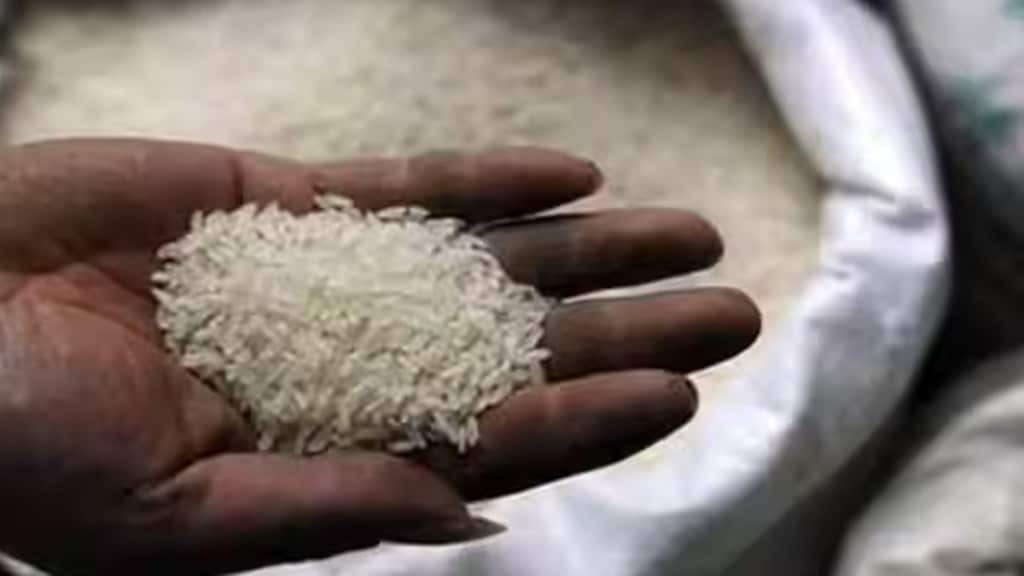With an ASEAN summit on the horizon, India’s “special relationship” with Singapore takes centre stage as it permits rice exports to address the Southeast nation’s vital food security needs.
Ministry of external affairs Responds to Media queries
According to the official spokesperson of the Ministry of External Affairs Arindam Bagchi, “India and Singapore enjoy a very close strategic partnership, characterized by shared interests, close economic ties and strong people-to-people connect.”
India and Singapore have a special relationship. “India has decided to allow the export of rice to meet the food security requirements of Singapore. And formal orders in this regard will be issued shortly.”
A temporary ban on the export of any basmati rice consignment which was being sold for less than US$1,200 per tonne overseas has been imposed since Aug 27.
Fostering Food Security: India’s Focus Amidst Export Regulations
Due to the ongoing Russia-Ukraine war, the world is grappling with shifting export dynamics. India recently introduced additional safeguards on its basmati rice exports, targeting the prevention of non-basmati white rice shipments, which are currently under the prohibited category. According to the information available in the public domain, the measures adopted by the government are based on field reports of misclassification and unauthorized export of non-basmati white rice. By addressing these concerns, India seeks to maintain domestic food security, manage local prices, and ensure the constant availability of essential commodities within its borders.
The Quest for Equitable Distribution: A Delicate Balancing Act
Strategically imposing bans and export duties, India aims to strike a balance between safeguarding domestic food supply and catering to global demand. The move to prohibit non-basmati white rice exports echoes India’s commitment to ensuring stable prices for its citizens while navigating international trade complexities. Singapore’s proactive stance, in seeking exemption from the export ban, underlines the interconnectedness of economies and the critical role of food trade in building resilient partnerships.
As the ASEAN summit approaches, this move highlights India’s commitment to fostering global cooperation and stability, transcending borders to address the pressing needs of nations during times of uncertainty.

